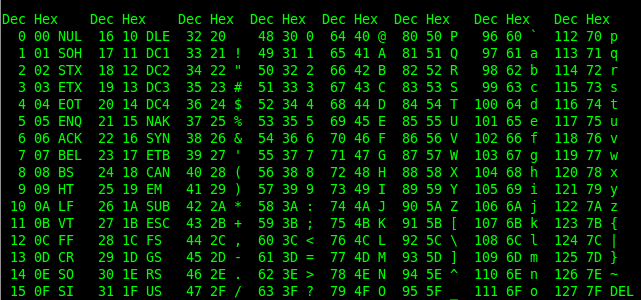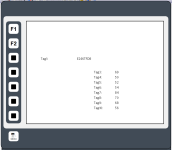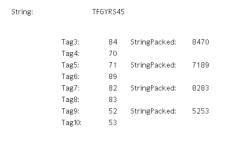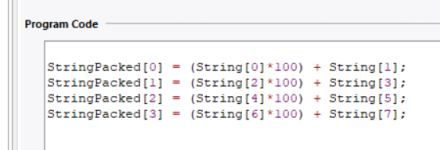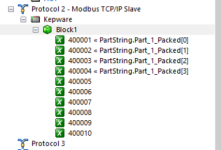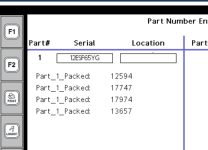davejc
Member
First post here, hopefully not breaking any rules.
I am working with a Redlion G3 HMI (yes, I know). I have a series of string tags that I am trying to communicate over modbus to a kepware OPC Server. I came across a YT video that shows exactly what I am trying to do, but doesnt tell me how to do it.
https://www.youtube.com/watch?v=va_ls9NsttU
So what I gather is I need to convert the string from text to ascii then convert the ascii to packed bit and setup some type of array tag inside Crimson.
Anyone got any idea how I actually do all that??
I appreciate any input on this.
I am working with a Redlion G3 HMI (yes, I know). I have a series of string tags that I am trying to communicate over modbus to a kepware OPC Server. I came across a YT video that shows exactly what I am trying to do, but doesnt tell me how to do it.
https://www.youtube.com/watch?v=va_ls9NsttU
So what I gather is I need to convert the string from text to ascii then convert the ascii to packed bit and setup some type of array tag inside Crimson.
Anyone got any idea how I actually do all that??
I appreciate any input on this.



